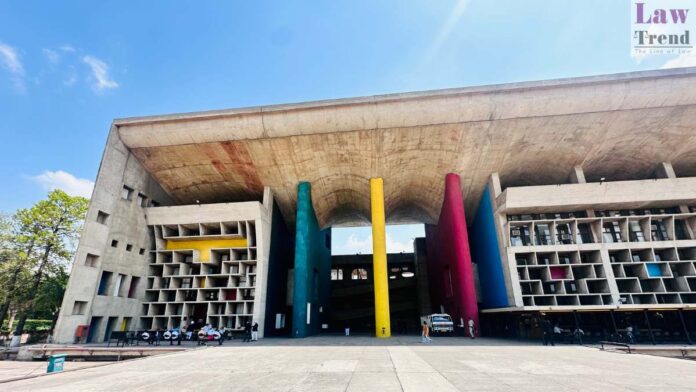The Punjab and Haryana High Court has sought responses from the states of Punjab and Haryana and the Union Territory of Chandigarh on the potential role of traditional community institutions like khap panchayats in resolving grassroots disputes under the Mediation Act, 2023.
A division bench led by Chief Justice Sheel Nagu initiated suo motu proceedings on Tuesday, expressing concern over the non-implementation of Chapter X of the Mediation Act, which deals specifically with community mediation under Sections 43 and 44. The Central Government has not yet brought these provisions into force.
In a note forming the basis of the suo motu action, the Chief Justice observed, “Community mediation holds significant potential for resolving interpersonal disputes, such as those between neighbours, families, and communities. Despite being highly effective in delivering inexpensive and speedy resolution of disputes at the grassroots level, community mediation has not been enforced so far.”
The High Court emphasised that community-based resolution mechanisms can play a crucial role in defusing tensions before they escalate into larger conflicts, thereby promoting peace and harmony in society.
As an example, the note referenced the khap panchayats of Haryana, which have historically held considerable sway in rural communities. It noted that while khaps exercise a form of social governance, their potential as instruments of lawful, structured mediation under the statutory framework of the Mediation Act remains unexplored.
The court has directed the states and the UT to file their responses by August 5, particularly on the possibility of institutionalising such traditional mechanisms within the formal legal structure for community mediation.




